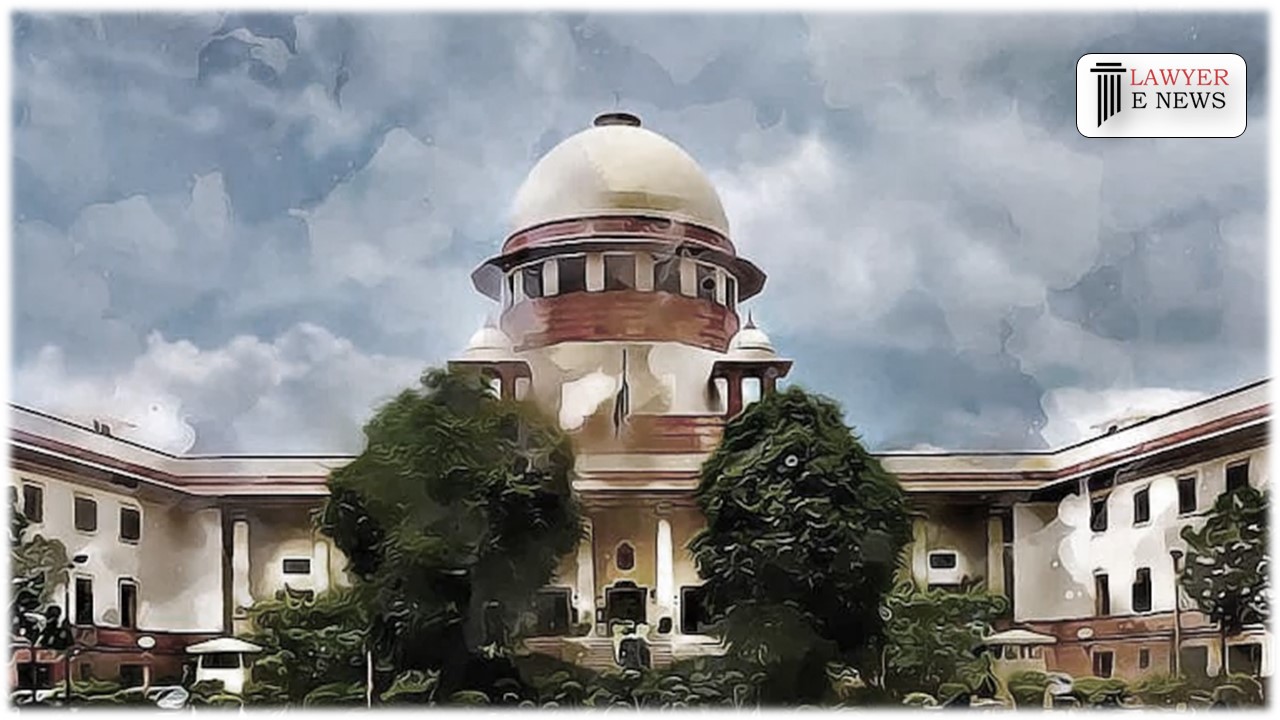-
by Admin
16 February 2026 1:47 PM



In a significant development, the Supreme Court delivered a landmark judgement on the withdrawal of medical treatment, clarifying the procedure, safeguards, and the crucial role of the High Court in such cases. The judgement, pronounced on January 24, 2023, has provided essential guidelines and addressed various aspects related to Advance Directives and the decision-making process.
The headline of the judgement, "High Court's Discretion in Granting Approval for Withdrawal of Medical Treatment," reflects one of the key takeaways from the verdict. The High Court has been granted the authority to constitute an independent committee of experienced doctors specializing in critical care. This committee will assess the situation and provide recommendations on granting approval for the withdrawal of medical treatment.
The judgement emphasizes the promptness of decision-making in cases involving withdrawal of medical treatment, recognizing that delays in such matters can have significant consequences. It states, "The High Court shall render its decision at the earliest as such matters cannot brook any delay." The principle of "best interests of the patient" is to be given paramount consideration while arriving at a decision.
Furthermore, the judgement highlights the procedure to be followed when there is no Advance Directive in place. It states, "In cases where there is no Advance Directive, the procedure and safeguards are to be the same as applied to cases where Advance Directives are in existence." This ensures that patients without an Advance Directive receive equal protection and consideration.
The judgement also underlines the importance of communication and dissemination of the High Court's decision. It mandates that the Registrar Generals of all High Courts, Health Secretaries, and Chief Medical Officers be informed and provided with a copy of the judgement for proper implementation and adherence.
Quoting the judgement, Chief Justice K.M. Joseph said, "The High Court's role in granting approval for the withdrawal of medical treatment is crucial to safeguard the rights and interests of the patients. It ensures that decisions are made in their best interests, taking into account all relevant factors."
The judgement has set a precedent for future cases involving the withdrawal of medical treatment. It clarifies the roles of different stakeholders, emphasizes the importance of consent, and establishes the High Court as the final authority in granting approval for such decisions.
This judgement will not only guide medical practitioners and hospitals but also provide clarity to patients, their families, and legal professionals on the legal framework and safeguards surrounding the withdrawal of medical treatment.
Overall, the Supreme Court's verdict on the withdrawal of medical treatment brings much-needed clarity, transparency, and protection for patients and their families during challenging times when tough decisions need to be made.
Date of Decision: January 24, 2023
COMMON CAUSE (A REGD. SOCIETY) vs UNION OF INDIA INDIAN
